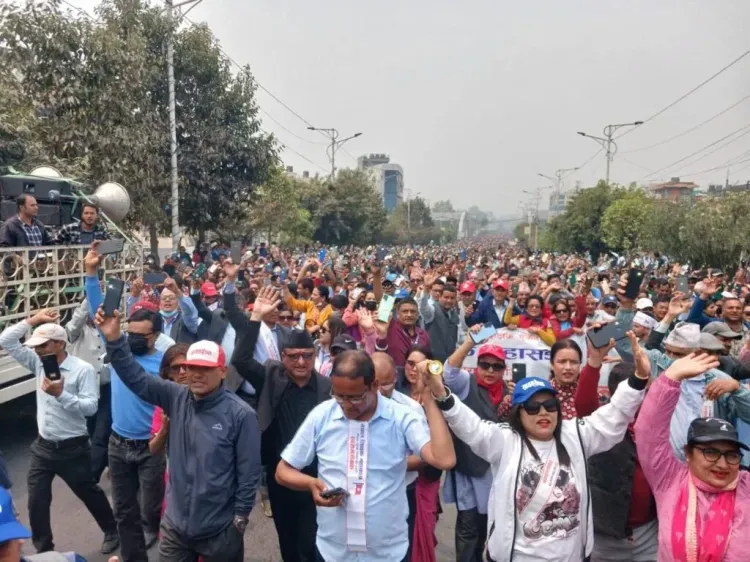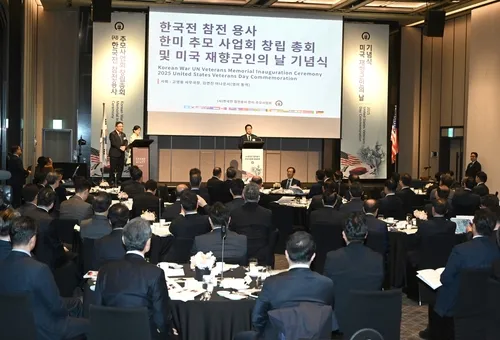Why Are Teachers in Nepal Rejecting the New Education Bill?

Synopsis
Key Takeaways
- Nepal Teachers' Federation threatens stronger protests over the School Education Bill.
- Concerns raised about disregard for teachers' rights and agreements.
- Proposed amendments include problematic clauses for teachers.
- The education committee is discussing the bill soon.
- Past protests significantly affected the education system.
Kathmandu, May 21 (NationPress) The Nepal Teachers' Federation has issued a warning to initiate more intense protests due to their dissatisfaction with the School Education Bill recently approved by the parliamentary subcommittee. The federation claims that the legislation fails to honor the ongoing teachers' movement and disregards previous agreements. They are urging the Education, Health, and Information Technology Committee of the House of Representatives to amend the bill to address their grievances, as reported by local media on Wednesday.
This warning comes just weeks after the federation had suspended a month-long protest following an agreement with the government.
"Should no changes occur, educators and staff will mobilize in even greater numbers. We want to emphasize that the state must bear full responsibility for any severe consequences that may arise," stated the federation.
They expressed that the amended version of the bill is more detrimental than the original proposal submitted to Parliament in September 2023.
"The agreement ensuring internal competition for temporary teachers—including relief quota teachers, temporary contract teachers, those from former lower secondary schools, learning grant teachers, technical stream teachers, and special education teachers—has not been honored. Moreover, temporary contract and learning grant teachers have been excluded from internal competitions," the federation's statement from Tuesday indicated.
The proposed legislation suggests that 60% of available positions will be filled through internal competition, while the remaining 40% will be filled through open competition.
Furthermore, the federation is unhappy with a provision requiring teachers to complete a minimum of seven years of service for automatic promotion.
"The new bill neglects to account for the years of temporary service for teachers who eventually became permanent. The prior agreement to consider temporary service periods for pension qualification has been overlooked," they remarked.
The federation also criticized the stipulation that places school teachers under local government authority.
"Teachers are being forcibly reassigned to local levels without any benefits or alternatives," the federation stated.
Additionally, they strongly opposed a clause that bars teachers from political affiliation and prevents head teachers from joining the federation.
"This undermines teachers' and staff's rights to engage in professional trade union activities," the federation argued.
"It appears the state is provoking a new wave of protests among teachers and staff," they cautioned, urging all educators and support staff to stay alert and prepared for action.
Reports indicate that the parliamentary education committee is set to begin discussions on the bill on Wednesday.
Both the ruling Nepali Congress and the Communist Party of Nepal (Unified Marxist Leninist) have reportedly committed in writing to ensure the bill's passage through the lower house of Nepal's Parliament by May 29.
Previously, the month-long demonstrations and sit-ins by teachers in the Maitighar-Naya Baneshwor area of Kathmandu had significantly disrupted the national enrollment drive, delayed essential academic tasks like evaluating answer sheets from the recent Secondary Education Examination (SEE), and postponed the grade 12 examination.









